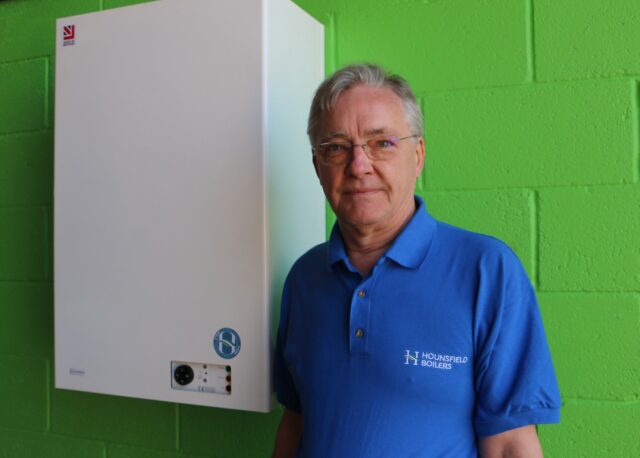As Ofgem announced the new energy price cap today starting from October, new figures from the Resolution Foundation demonstrate that while the cost per unit of energy is coming down, 7.2 million – or 35% of homes – in England will spend more than they did last winter. This comes as figures from the UK charity, Citizens Advice have reported that 46,431 people with energy debts contacted them in the first half of 2023, amounting to a 17% increase from the same period last year. The charity’s analysis suggests that people with disabilities and families with young children, particularly single parents, are more likely to have very high levels of energy debt as well as significant monthly shortfalls. This comes as a report from Which? unveiled that 13m households did not turn on their heating during cold weather last winter to save money on energy bills. Acknowledging the urgent need to address an energy affordability scheme for vulnerable households ahead of this year’s winter season, energy expert Mark Sait, CEO and founder of SaveMoneyCutCarbon, the leading money-saving and sustainability platform, calls on policymakers and energy providers to consider the well-being of vulnerable households.
The Which? report further indicated that about half of the 13m households who did not switch on their heating had an annual income of less than £20,000, compared with a third of households with an income of more than £80,000, underlining the prevalence of fuel poverty and rife unaffordability of energy in the UK. Fuel poverty not only affects the physical wellbeing of individuals and families but also has broader implications for public health and the overall wellbeing of communities, with research from SaveMoneyCutCarbon finding that over a third (34%) of the nation reports poorer mental health as a direct result of extortionate bills.
Mark Sait, CEO of SaveMoneyCutCarbon comments on what policymakers and energy providers can do to help society’s most vulnerable households:
“Energy providers are using the energy crisis as a tactical tool to move more and more of the most vulnerable and struggling households onto prepayment meters – it is a disturbing practice that benefits only one party – the providers. This improves the profits and cash collections of these companies as it drives more energy usage, counteracting what we ought to be doing to keep energy demand down.
“More worryingly, I have noticed a big drive towards encouraging the installation of smart meters because the beauty of a smart meter, from an energy company perspective, is that they can literally just flick a switch and place a household onto a prepayment meter, and many times without the consumer even knowing. This once again benefits the provider by giving them control. As a result, at least two million people are left disconnected at least once a month for more than 24 hours. I think it is now time to look at different ways of taking matters into our own hands.
“In my view, to solve this problem for the most vulnerable people, the government should be taking these people on prepayment meters away from the energy companies and instead be moved onto to a non-profit organisation that potentially could buy all of the energy for 4 million people in the UK from green sources. They should remove that profit element and deliver the credit directly onto the meter of the people most in need.
“Energy companies are not going to teach you how to use less energy, otherwise, they lose out on money. One of the ways we are helping customers is through our free Home App which helps people identify what is using the most energy in their home and suggest more efficient alternatives that change the home’s carbon output. This should be the priority for governments and organisations looking to help lower-earning families struggling with their bills – this will ensure the money on their meter will go further and last longer.”




